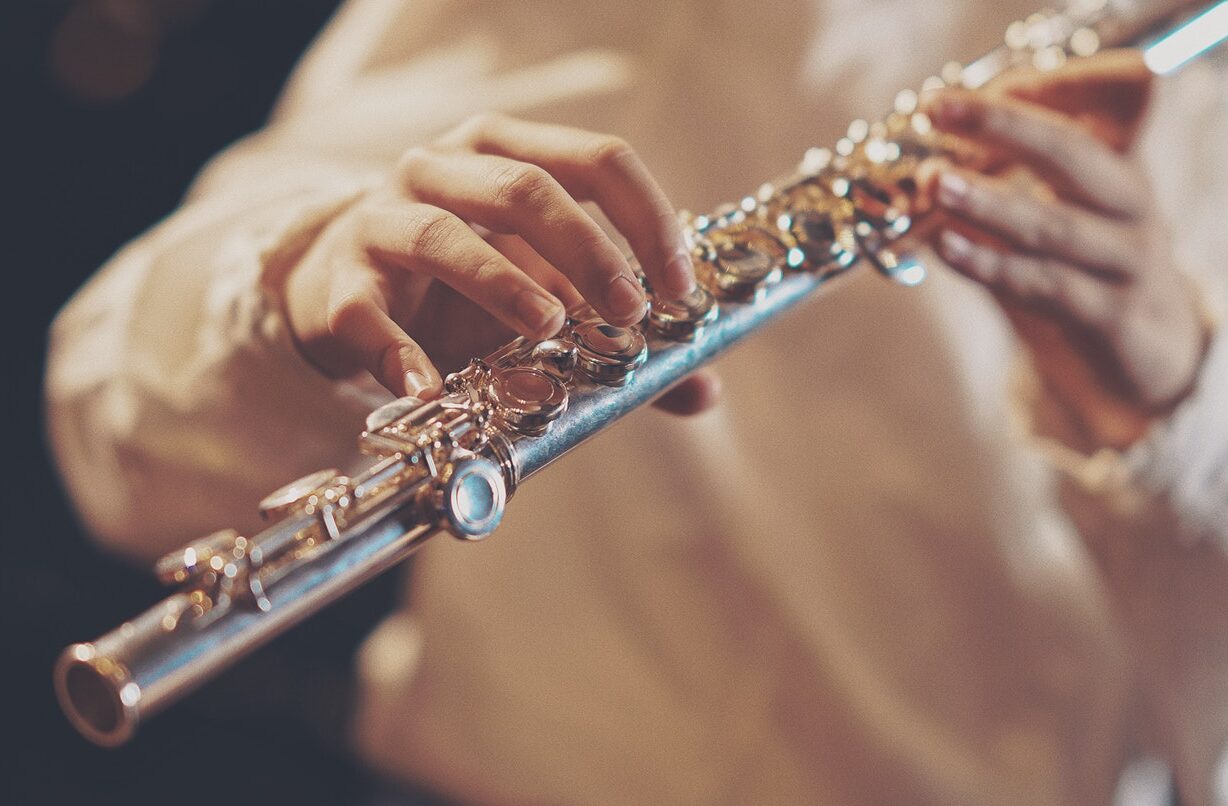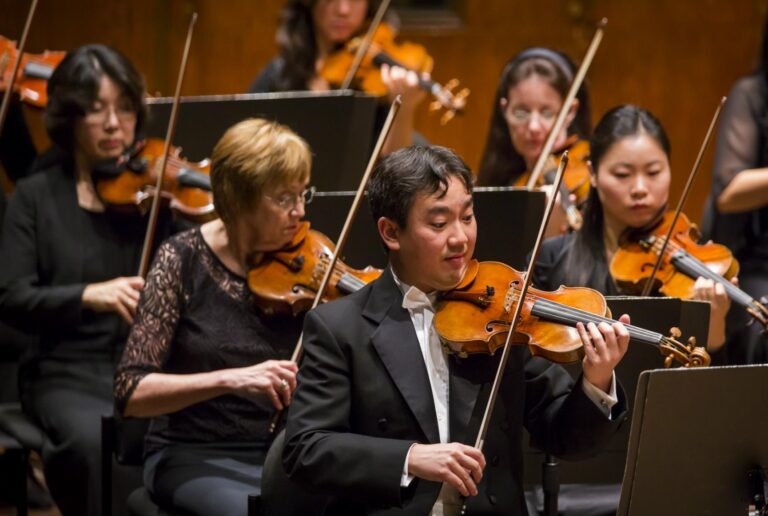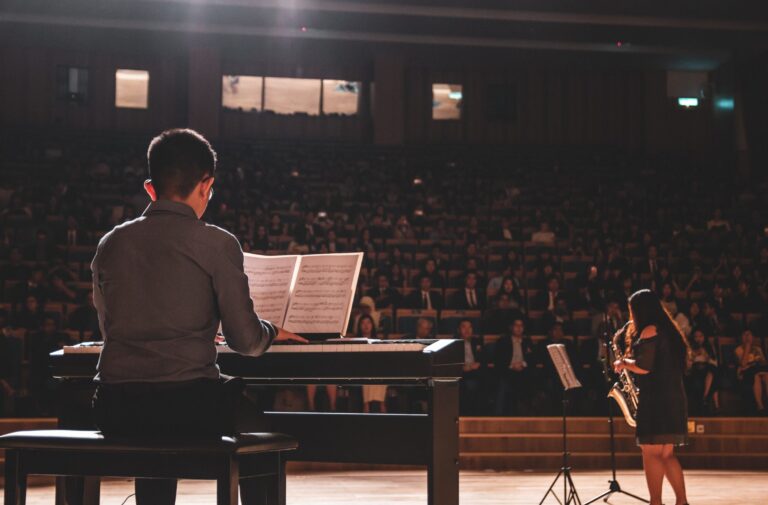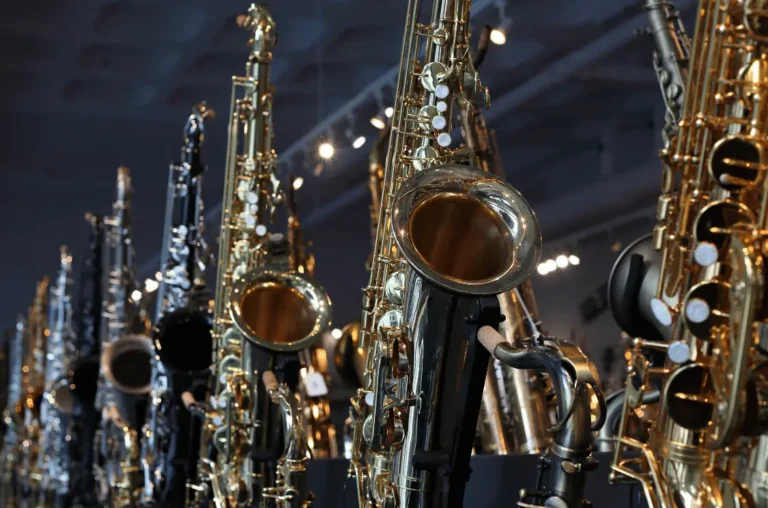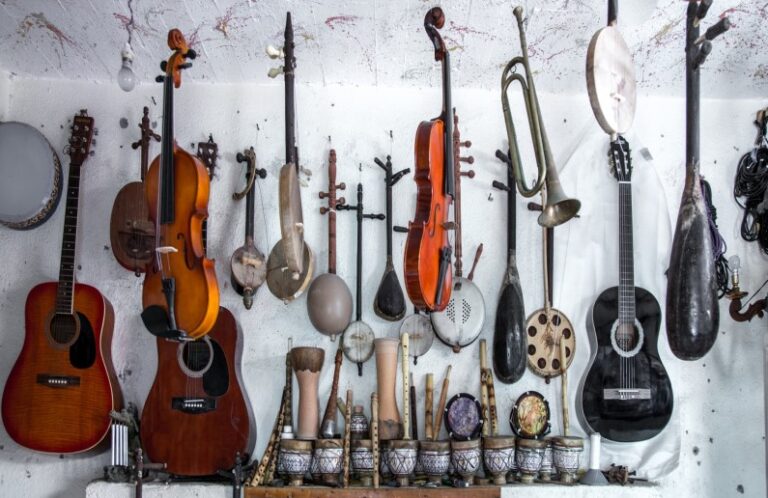Exceptional Flutists: Exploring Their Musical Mastery
Many of these exceptional flutists received formal music education in prestigious institutions, like the Paris Conservatoire or the Juilliard School. Their formal training involved intensive instruction in music theory, ear training, music history, and performance techniques. They also underwent hours of practice under the guidance of experienced music teachers who helped them develop proper playing posture, breath control, and tone production.
Although formal music education played a significant role in their musical mastery, it was their individual determination and passion for music that drove them to achieve greatness. In their early years, these exceptional flutists spent countless hours practicing, even going beyond the assigned time to perfect their playing techniques. They also had a strong desire to learn new repertoire, listen to other musicians, and attend musical performances that allowed them to expand their musical horizons and gain new insights into their craft.
Overall, the musical education and training that exceptional flutists received in their early years served as the foundation for their later success. It allowed them to develop the technical and artistic skills necessary to perform at the highest level, while their passion, dedication, and spirit gave them the drive to push past their limits and achieve true musical mastery.
The instrument: flute anatomy and techniques that define a master
To become a master flutist, one must have a deep understanding of breathing techniques, air control, and embouchure. These three elements are fundamental in creating a resonant and clear sound. The mastery of these techniques allows the flutist to add color, dynamics, and phrasing to their playing. Additionally, understanding the variations in tone that can be achieved by altering the position of a finger or changing the breath’s speed is crucial in creating a versatile sound.Exceptional flutists explore the highest levels of musical mastery and continuously strive to hone their craft. Masters like Sir James Galway, Emmanuel Pahud, and James Newton have perfected the intricate techniques involved in playing the flute and have made their mark on the musical world. Their musicality, expressiveness, and virtuosity have made them globally renowned among classical music enthusiasts.
Styles, genres, and variations: how exceptional flutists continue to push musical boundaries
Exceptional flutists are versatile and can adapt to different genres of music, from classical music to jazz and even world music. They are not restricted to one particular genre and can seamlessly switch from one style to another. In addition, they have a deep understanding of different variations and can incorporate them into their music to create new sounds and styles.
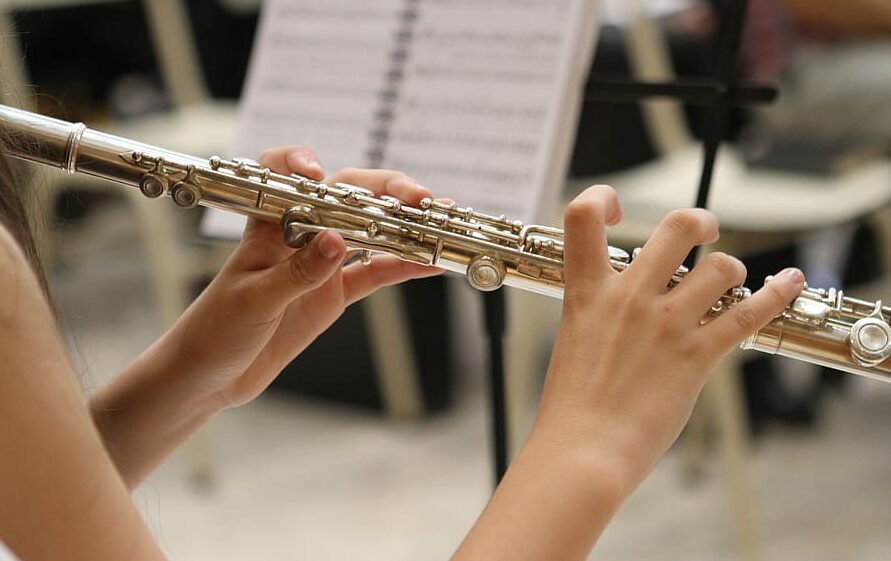
One of the most impressive aspects of exceptional flutists is their ability to push musical boundaries. They often experiment with new techniques and sounds, and their innovative approaches to music have inspired many musicians. They continue to explore new ways of playing and incorporate these techniques into their music, pushing the boundaries of what is possible with the flute.At the heart of their musical mastery is their passion for music. Exceptional flutists dedicate themselves to their craft, constantly practicing and perfecting their skills. They are committed to creating beautiful music that touches the hearts of their listeners. Their dedication and hard work, combined with their exceptional talents, have made them some of the most respected musicians in the world.
Exceptional flutists in the modern age: looking to the future of flute performance
One such flutist is Emmanuel Pahud, who is widely recognized as one of the finest flutists in the world today. His incredible technique and musicality have earned him praise and recognition from audiences and critics alike. Another exceptional flutist is Sharon Bezaly, who has made a name for herself as a virtuoso performer with a distinctive sound and style. Her recordings have been praised for their stunning technical precision and emotional depth.Looking forward, we can expect to see even more exceptional flutists emerge in the coming years. As technology continues to advance, new avenues for exploration and experimentation will open up, allowing these artists to continue pushing the boundaries of what is possible on the flute. Whether it’s through new techniques, unconventional instrumentation, or innovative approaches to performance, the future of flute performance is sure to be filled with exciting and groundbreaking work from some of the most exceptional flutists in the world.
